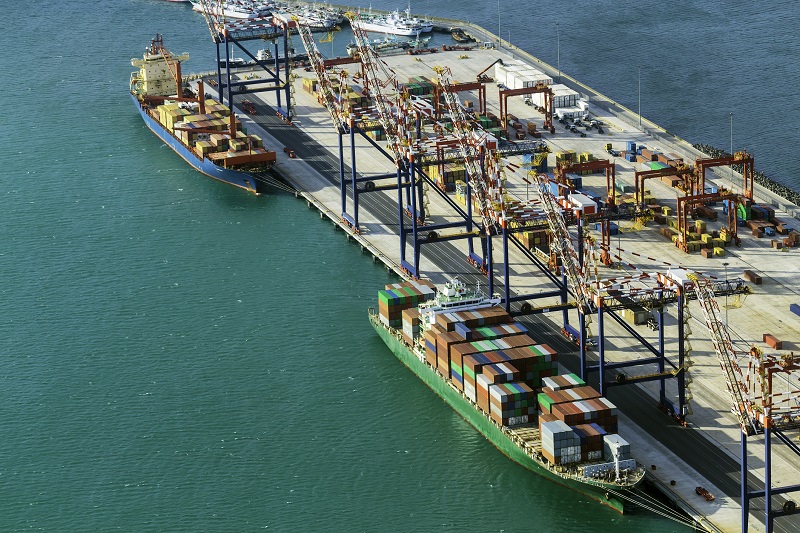Every country wishes to grow its exports from the international market and increase prosperity for its people. In Nigeria, the Nigerian Export Promotion Council (NEPC) supports exporters by overseeing the export of Nigerian goods to other markets.
For exporters to do business in Nigeria, they must first be an incorporated business and register with tax authorities. However, to export goods from Nigeria, the NEPC requires certain types of documentation. This documentation is vital to minimize export risks, meet buyer requirements, and ensure conformity with importing country specifications, and more.
This a list of all the documents exporters must have:
- Exporter’s Certificate: This is issued by the NEPC, representing the first step in the export process. An interested exporter should apply through the NEPC online portal to get started.
- Export Contract Document: This is a signed agreement between the seller and buyer. It outlines the obligations of both parties and helps to avoid unnecessary disputes.
- Quality Assurance Documents: These documents ensure that export goods conform to the safety and international standards. They include phytosanitary certificates for agricultural commodities, health certificates for processed and semi-processed food, and more.
- Commercial Documents: These give information about commercial transactions. They include a proforma invoice, commercial invoice, and packing list.
- Financial Documents: These documents show evidence of financial transactions between the buyer and seller. They also prove conformance with the financial regulation for exports from Nigeria and include the Nigerian Export Proceeds (NXP) form and financial invoice.
- Goods Movement Documents: These documents accompany the goods to the buyer in the medium specified in the export contract. Documents here include the Clean Certificate of Inspection (CCI), Certificate of Weight and Quality, Certificate of Origin, and shipping documents like Bill of Lading, Airway Bill, and Road Transport Bill.

Besides these documentations, several commodities are restricted from export in Nigeria that you must also be aware of. Some of these include maize, timber, scrap metals, unprocessed rubber latex, and rubber lumps. The country also requires proceeds of export to be paid into an export proceeds domiciliary account maintained with the exporter’s processing bank within 90 days of shipment, and a notification must be sent to the Central Bank of Nigeria.
Export business worldwide requires a lot of documentation. This can often hinder speedy trading activities because it places much reliance on documents related to price, quantity, packaging, shipment/ movement, origin, etc., to confirm adherence to procedures. However, these are all necessary, and none of them should be disregarded.
Learn More with EXIMA
EXIMA is your go-to place for the latest import/export information. Join today and gain access to the biggest online association for global trade!









